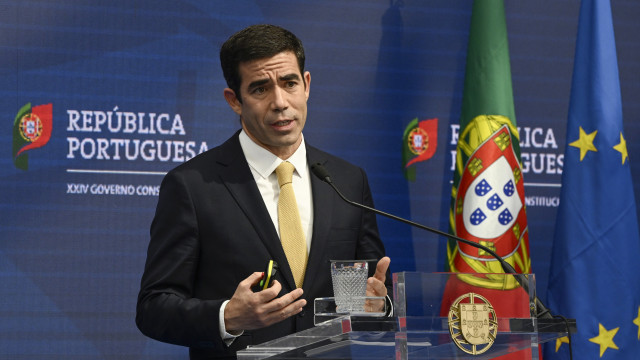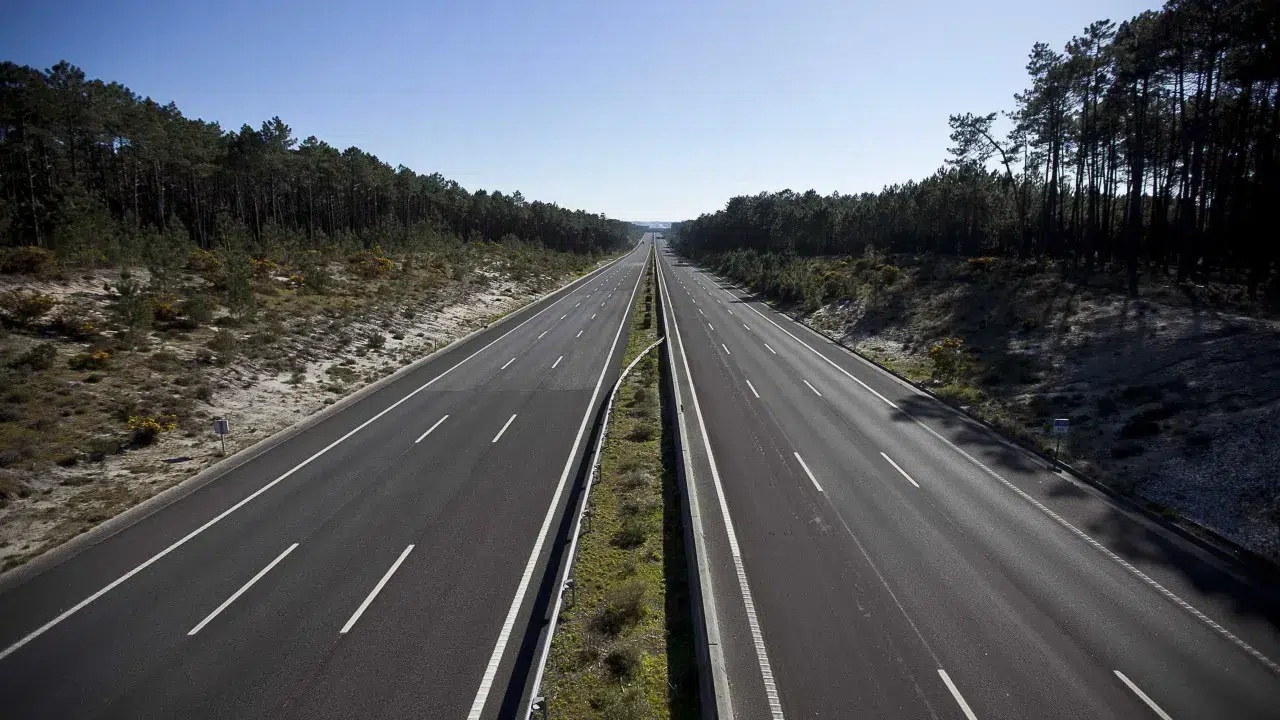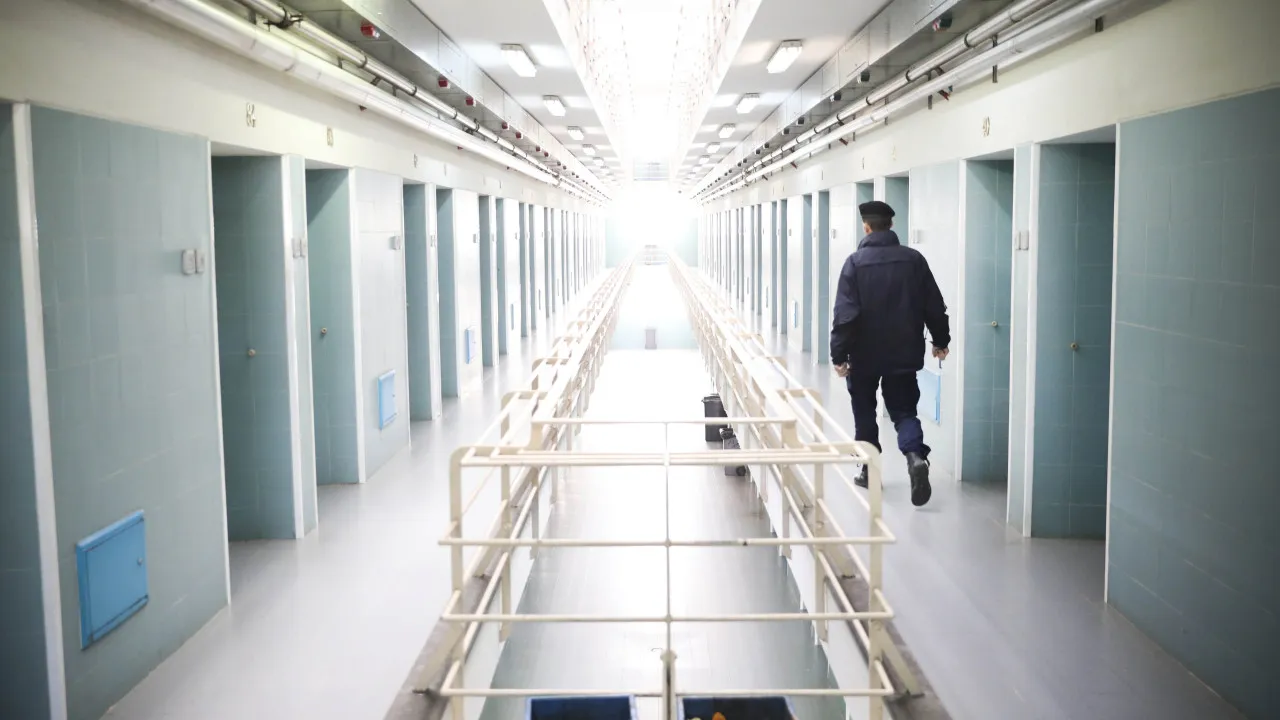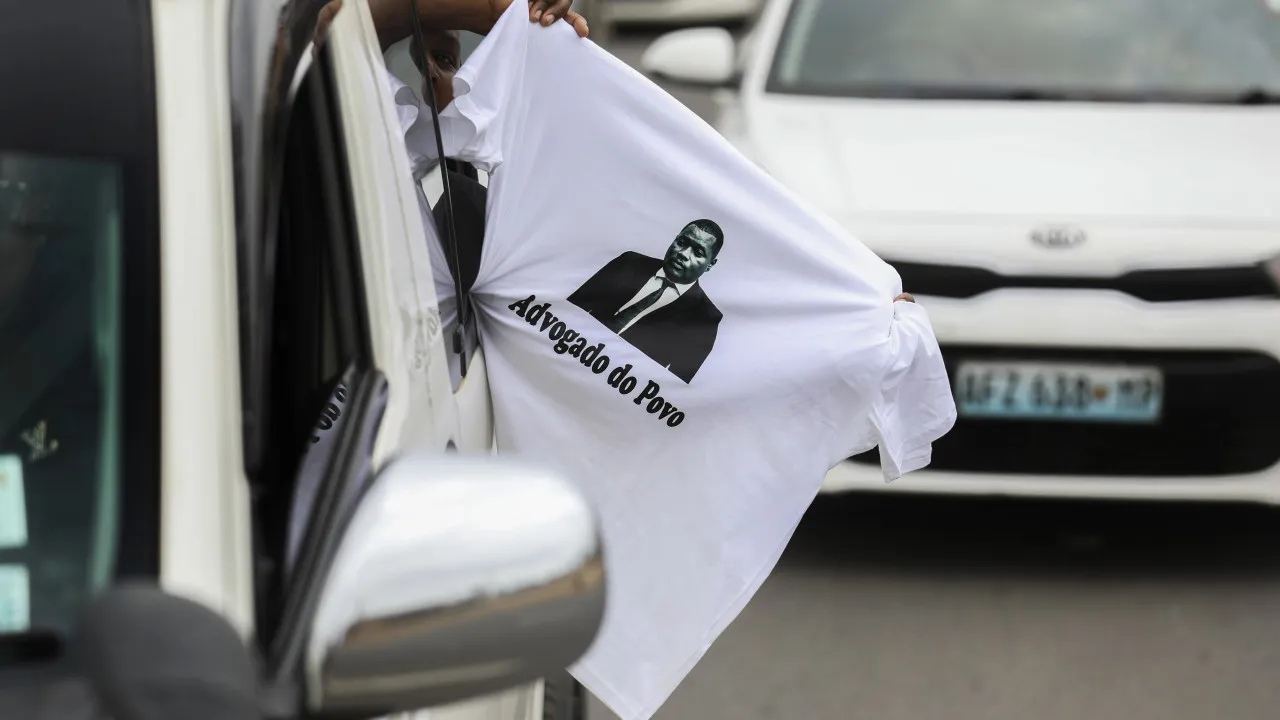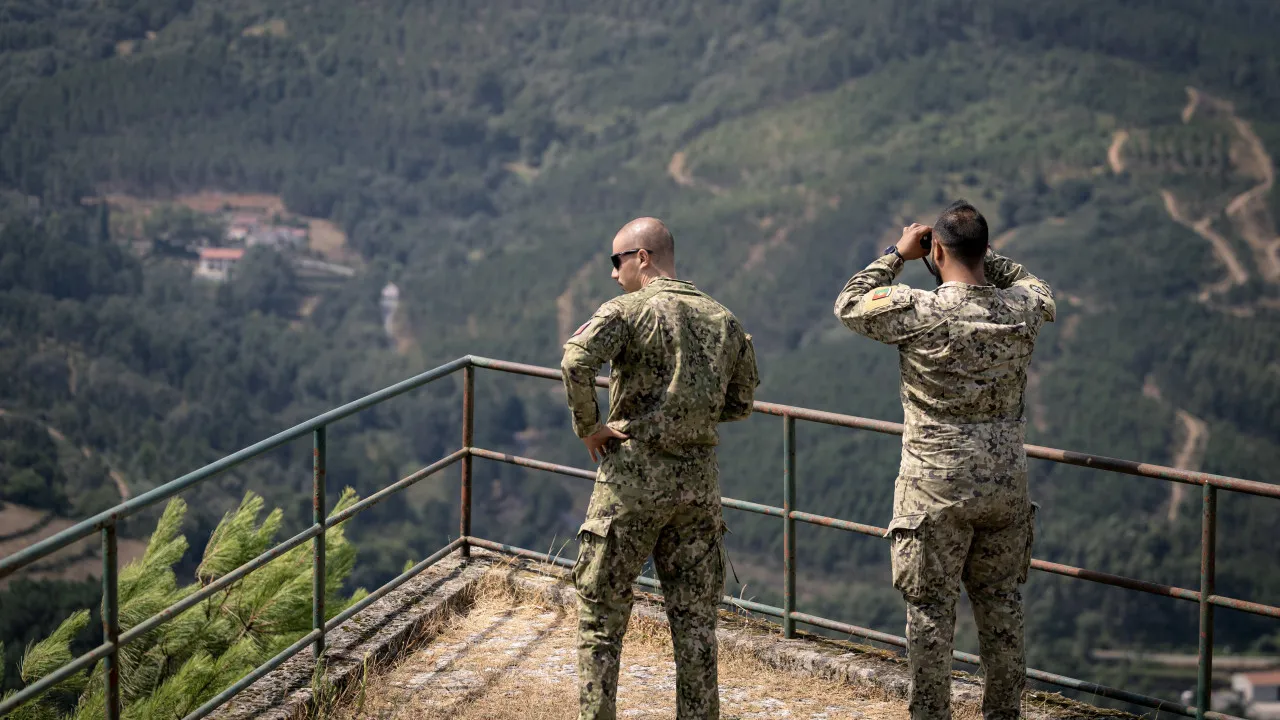
According to Army data, 35 patrols are engaged in monitoring and detecting fires in forests from north to south of the country and in the Autonomous Region of Madeira.
“Our soldiers conduct surveillance and, above all, act as a deterrent presence,” said Infantry Colonel Manuel Cavaco, commander of the Infantry Regiment 19 (RI19), in Chaves, Vila Real district.
Daily, from July 1 to September 30, a patrol leaves RI19 heading to the municipality of Boticas with the mission of overseeing the forest area, mainly consisting of maritime pine.
The Lusa agency accompanied the route taken by Lieutenant Eduardo Serra, patrol commander, and Corporal José Gomes (driver) in this northern municipality of Vila Real district. In total, RI19 deploys 30 soldiers for these patrols.
“Our main mission is to control any fire outbreak or any potential threat, such as individuals who may be starting a fire, and then inform the competent authorities when we spot something like this,” stated the lieutenant.
The off-road vehicle accommodates two soldiers, the route extends from 2:00 PM to 9:00 PM, is random, and planned according to the weather conditions and fire risk of the day.
Before starting, equipment like binoculars, radios, and control and record documentation is prepared, and the military vehicle’s conditions, such as tire pressure or oil and fuel levels, are checked.
The route covered by Lusa started in Boticas, passed through Fiães do Tâmega, Curros, and Veral. The itinerary is always circular, also passing through low and high points, such as viewpoints providing a broader view, and areas at higher risk.
“Whenever we pass through localities, we make contact with the population, ask if everything is alright, if there’s nothing unusual,” explained Eduardo Serra, highlighting that these patrols make a great contribution to fire prevention.
Thus, he added, “there’s always someone else on the ground to monitor.”
This action takes place under a protocol signed between the Army and the Boticas City Council. Nationwide, protocols are also in place with the municipalities of Tavira, São Brás Alportel, Monchique, Loulé, Sintra, Viana do Castelo, Braga, and Mafra, where nine patrols from different Army regiments are deployed daily.
“In these years we have had a protocol with Boticas, there has been a residual record of ignitions. That is, it’s beneficial for the population to have the army performing surveillance and deterrence,” stated Commander Manuel Cavaco.
The mayor of Boticas, Guilherme Pires, emphasized that the presence of the Armed Forces in the municipality “reinforces the surveillance and protection of the forest, which is one of the largest resources” in the municipality.
“The fact that they circulate and show themselves on the ground also acts as a deterrent to any offender who might want to cause trouble,” added the mayor.
Guilherme Pires pointed to the “good results” achieved with this collaboration and explained that when ignitions are quickly detected, the response is faster, preventing fires from reaching potential proportions if surveillance were not as reinforced.
In 2024, according to Colonel Manuel Cavaco, the patrols in Boticas covered 13,300 kilometers of surveillance routes and the area covered was 320 square kilometers. These figures are expected to be repeated in 2025.
In addition to the municipal protocols, the Army deploys 16 patrols daily for monitoring and detection under the Faunos protocol, signed between the Armed Forces and the Institute for Nature Conservation and Forests (ICNF).
According to the Army’s emergency military support plan, integrated into the Armed Forces’ support to Civil Protection, the Army provides 10 patrols for surveillance and detection.
However, it can still mobilize various resources nationwide, from engineering detachments or modules for mopping up and post-fire monitoring, food, accommodation, vehicle recovery, personnel transport, cargo transport, fuel supply, and psychology.
Throughout the year, it promotes training actions to equip its military personnel in operations supporting rural fire-fighting efforts.

